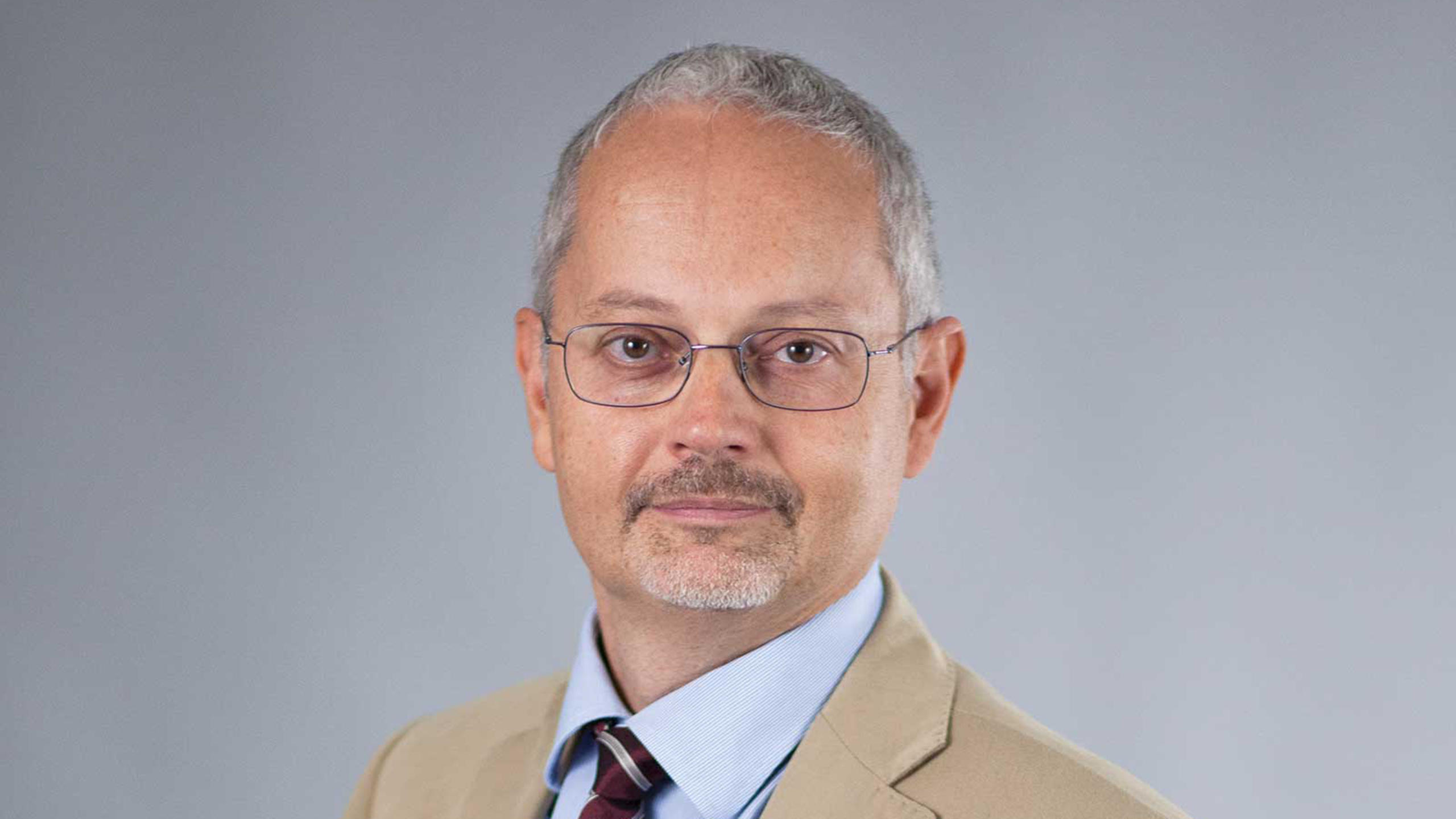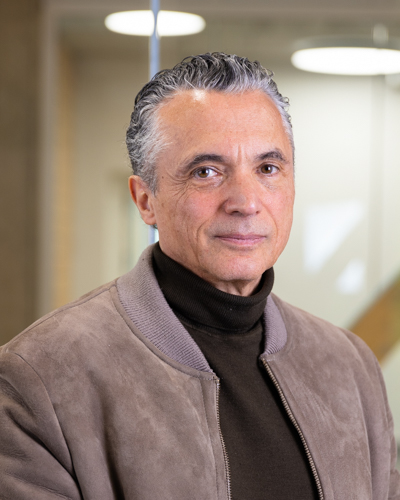Corporate funding for universities: serving society or human greed?

Is it right for banks to fund the academic chairs that will train the economists and financiers of tomorrow? We asked two experts, whose irreconcilable positions reflect opposing views of the economy and the world as a whole.
Can the judge and the defendant be one and the same? Last March, immediately after the announcement of the Credit Suisse debacle, the finance ministry commissioned an analysis to explain why the “too big to fail” regulation had not worked in this case. At the time, the press and political parties were outraged that this work had been entrusted to Professor Manuel Ammann, a specialist in the field but also director of the Swiss Institute of Banking and Finance at the University of St Gallen, which is co-financed by … Credit Suisse.
This was enough to rekindle the debate on corporate funding for university teaching and research. Unlike in Japan, the United Kingdom and the United States, this practice is still not widely known or understood in Switzerland.
Yet the trend is on the rise. According to the latest figures (2019) from the Federal Statistical Office, the private sector provides 10% to 41% of funding for universities and federal technology institutes, depending on the establishment.
The partnerships are not just in the field of finance, of course, but also medicine, pharmacy and technology.
But if we are talking about the University of St Gallen – which tops the list – then economics is indeed the main area concerned. The university’s American-style business school promotes a world view deemed by many in Switzerland to be – to say the least – liberal. It’s thus not surprising that St Gallen is also home to the Centre mentioned above, which is funded to the tune of CHF10 million ($11 million) by none other than Credit Suisse.

François Degeorge, professor of finance at the University of Lugano and director of the Swiss Finance Institute, does not see this as a problem. As he wrote in response to our questions, “some banks fund non-profit foundations in cooperation with universities. These foundations have stringent scientific governance which aims for academic excellence and ensures the independence of the universities and researchers”.
Who pays the piper calls the tune
Marc Chesney, meanwhile, does not see it that way. A professor of finance at the University of Zurich and outspoken critic of “casino capitalism”, the author of Permanent Crisis holds that “receiving money from one or more major banks induces universities either to keep quiet or to defend the agenda of these bodies”.
To illustrate this, he cites research topics which “are not relevant to the common good”, for example: “How can the performance of hedge fund portfolios be improved?” According to Chesney, “the performance helps people who are already very rich to become even richer, exacerbating social injustice”.

Above and beyond the matter of “deference towards these large financial institutions”, Chesney laments that financial practice and teaching are imbued with the spirit of the thinkers of the 1980s, centred on Milton Friedman, in what is known as the Chicago School. This school emphasises supposedly free markets, individual freedom and distrust of government intervention.
François Degeorge, director of the Swiss Finance Institute, denies this analysis, stating that “the alleged domination of Milton Friedman and the Chicago School is a myth”. In corporate finance, he says, the founding model for shareholder value dates back to Irving Fisher of Yale University in 1930.
And in market finance, the basic model for financial asset pricing goes back to Louis Bachelier’s doctoral thesis at the Sorbonne in 1900. “These models precede Milton Friedman by several decades and are still a mainstay of finance textbooks today,” he says.
A sustainable financial system?
Practically speaking, though, what does all this mean in the classroom? “After the Credit Suisse debacle, I talked about it with my Bachelor’s students and I also asked them if any other professors had analysed the issue. Apparently not really, or not enough. This is a problem,” Chesney regrets.
The teaching of finance has nonetheless evolved since the 2008 crisis. In Zurich, Chesney introduced “in-depth changes” to his lectures, for “when a theory is clearly wrong, it doesn’t make sense to keep teaching it”.
We are facing a real crisis of values, he believes. “I ask my students what their values are. Are they purely financial?” The professor defines himself as a “deconstructor” of finance – who, in order to do this, must obviously have very sound knowledge of the field he is deconstructing.
Degeorge, too, acknowledges that the teaching of finance, as an applied discipline, is constantly evolving, and that it has changed a lot since 2008. “The subject of financial stability is given more space. More recently, sustainable finance and digitalisation have also been introduced to the curriculum.”
Sustainable finance? For Chesney, this is an oxymoron – the figure of speech in which contradictory terms appear in conjunction. He concedes that the situation is “different at an institution like Alternative Bank Switzerland”, but for the big banks the logic of casino capitalism and its gambles still prevail.
Irreconcilable viewpoints
The two professors clearly have diametrically opposed views on how wealth should be shared in our societies. “In a market economy based on private property, it is self-evident that collective wealth is equal to the sum of individual wealth,” says Degeorge – unless part of this wealth is collectivised or state-owned, which is anathema to any liberal worth their salt.
“That being said, when the community needs major investments, the finance sector can step in. Switzerland paid for its railway network in the 19th century thanks to the creation of Credit Suisse,” he adds.
But this is the 21st century, and, as Chesney notes, “the vital signs are flashing red”. Take global warming, the loss of biodiversity, the war in Ukraine. What is needed, he stresses, is a complete “paradigm shift”. For a society dominated by selfishness and cynicism “can never resolve these urgent problems”.
As we said, their positions are irreconcilable.
Edited by Samuel Jaberg. Translated from French by Julia Bassam.
More

In compliance with the JTI standards
More: SWI swissinfo.ch certified by the Journalism Trust Initiative











You can find an overview of ongoing debates with our journalists here . Please join us!
If you want to start a conversation about a topic raised in this article or want to report factual errors, email us at english@swissinfo.ch.